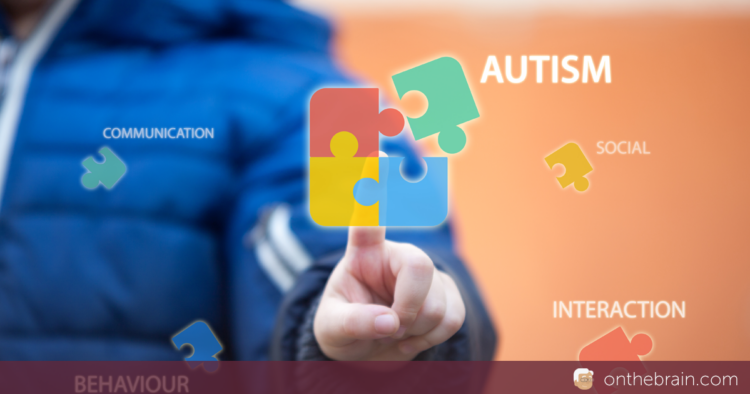What underlies the documented increase in autism incidence? Results of a new study
Studies from the Center for Disease Control and elsewhere have compellingly documented a rapid increase in the incidence of autism in the United States. WHAT THE HELL IS CAUSING IT? Given the enormous human and societal costs of this malady, few practical scientific questions are more important to we Americans, in our current era. Whether…









